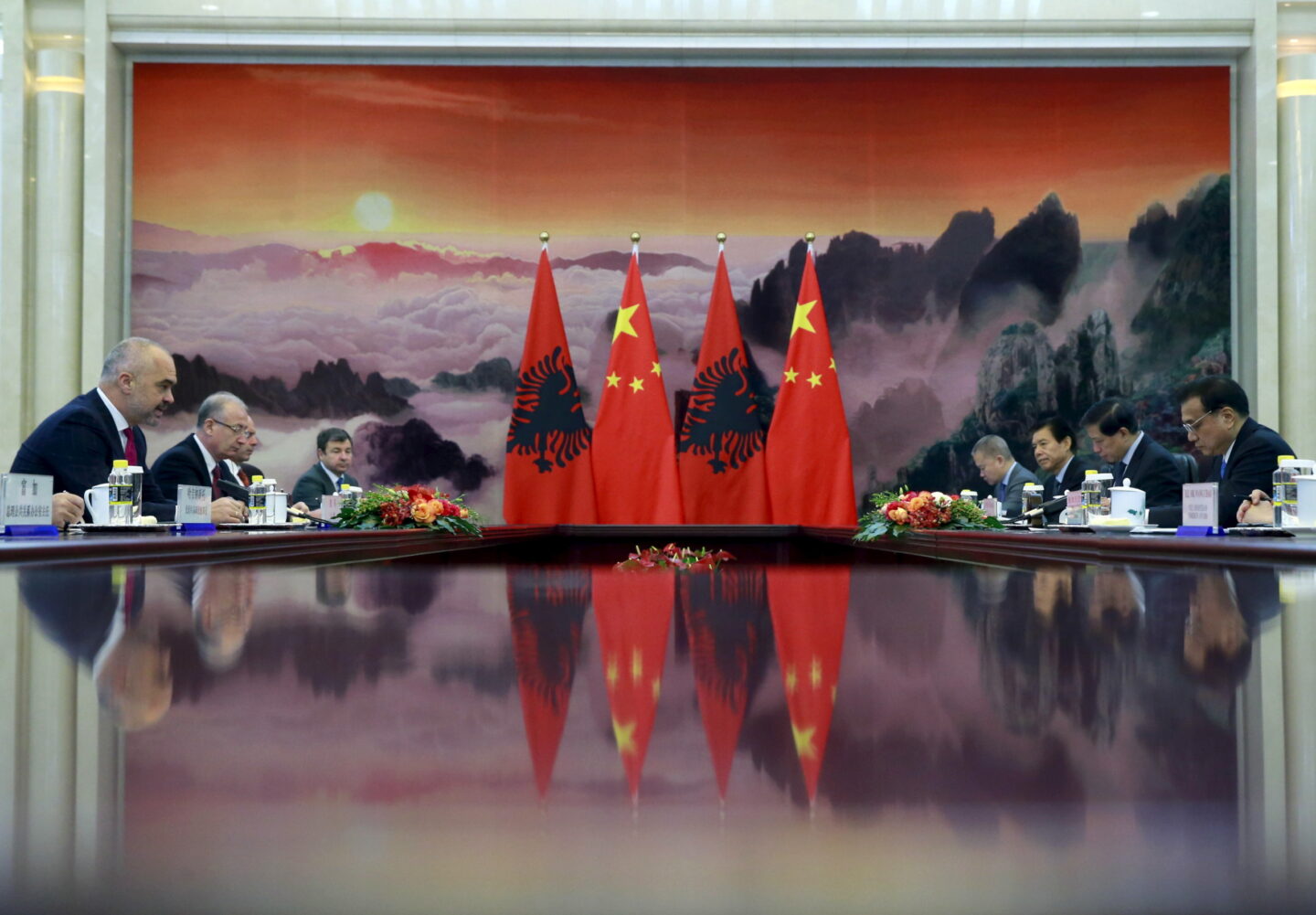MPs warn that a battle over employee benefits undermines Anthony Albanese’s relations with an expanded cross-bench and his reform agenda.
The government last week notified MPs of plans to cut Parliament’s staff budget. This decision hit the hardest crossbench MPs, now entitled to one political adviser instead of four.
With the prime minister out of the country, crossbench senators warned that the decision would affect their ability to vote on bills – a clear warning given the government needs at least some of their support to pass legislation.
“You want to be careful and make friends, not enemies,” said Bob Kattter, an experienced independent MP from Northern Queensland and friend of Mr. Albanese.

“It doesn’t seem very smart to kick it off by making not one but 16 enemies in the bloody parliament who are not on the side of the Liberal party.”
Additional Assignments
But the government said Monday it was taking steps to restore balance in staff arrangements that have become unequal over the past decade.
All MPs get four voter staff responsible for contacting their voters.
Until Mr. Albanese’s decision, they had four additional advisers.
MPs had budgeted for two advisers and two assistant advisers who would focus on matters before parliament or involving the media.
The provision of special dispensation for members of the crossbench dates back to the minority government of 2010.
As part of a deal with Rob Oakeshott, Andrew Wilkie, and Tony Windsor, independent MPs were assigned two advisers.
Tony Abbott cut that fee as part of a general push for austerity.
Tensed relations in the upper house drove Malcolm Turnbull to allocate more crossbench personnel. Photo: Getty
Shortly after Malcolm Turnbull secured the premiership, he wrote to cross-benchers advising them to assign them additional staff (relations with the upper house had become tense).
“Independent senators have a lot of detailed policy and legislative information to consider, often without the day-to-day support of the major political parties,” Turnbull wrote.
During the most recent parliamentary period, the number of advisers reached its current level.
Restore balance
Labor says the move will help restore balance in staff allocations.
Assistant ministers have only two staffers besides their electorate, despite having partial responsibility for a portfolio.
Backbench MPs do not receive additional staff.
“I don’t really understand this rule, you know, ‘it’s because they do more work,'” Treasury Secretary Katy Gallagher said.
“Every MP works. Each Member of Parliament sits on committees. Every MP looks at legislation.”
The government estimates it saved $1.5 million in personnel costs.
But MPs are not taking the cuts lightly, and in the upper house, incoming Senator David Pocock said the government agenda would be slowed down by reducing the number of advisers.
The Greens have also been privately furious about staffing.
The party believes that through the new scheme, they will have an effective 40 percent reduction in staff numbers, or the same number of staff they had previously, to advise a greatly expanded banquet hall.
Labor has a majority of one seat in the House of Representatives.

